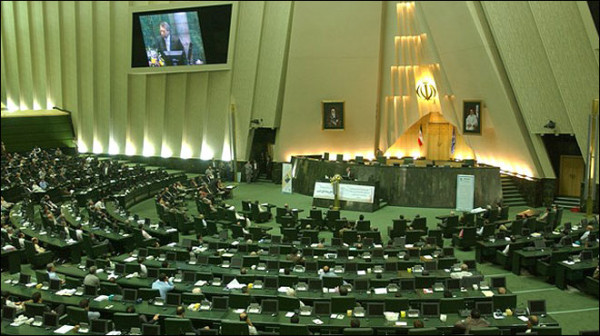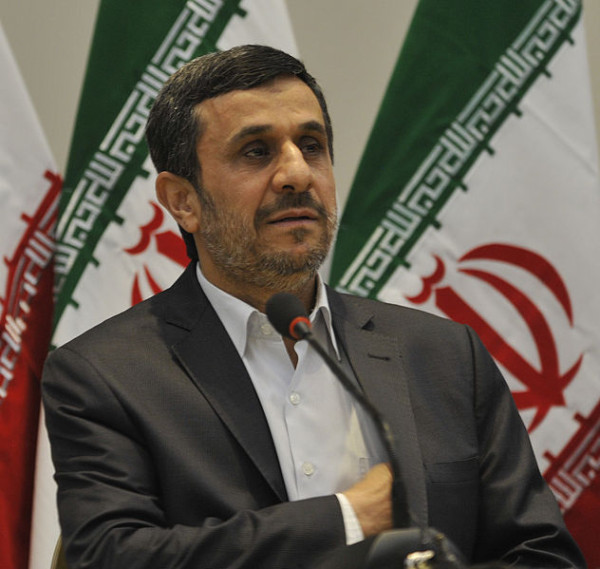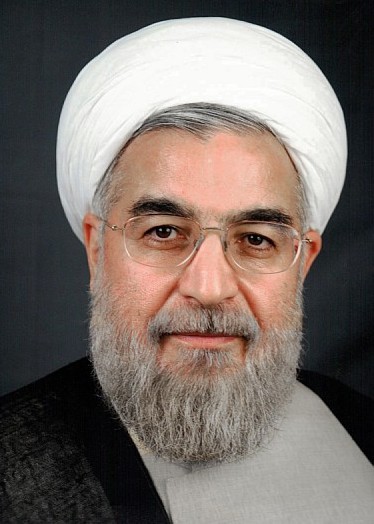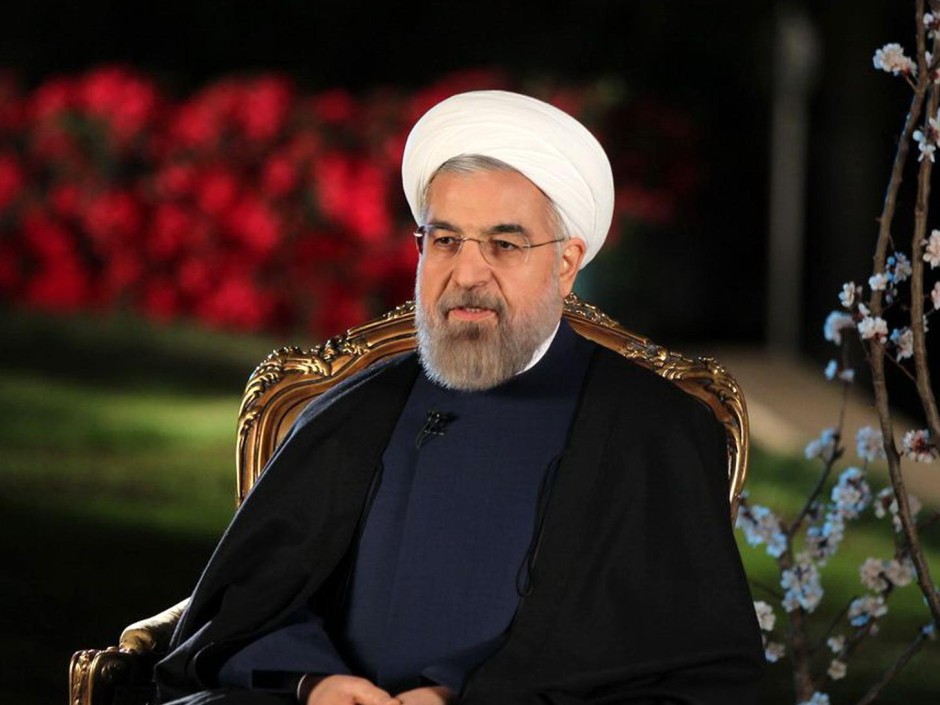
Reformers and middle-of-the-road conservatives in Iran have won majorities in parliament and the Assembly of Experts, the body which selects Iran’s supreme leader. But it’s doubtful whether their victories will soften Tehran’s hardline policies, particularly as they relate to Israel.
Iranians who back the presidency of Hassan Rouhani — an Iranian-style pragmatist who seeks engagement with the West and a more open society — are surely pleased by the outcome.
Hardliners like Ayatollah Ali Khamenei, Iran’s top leader, are doubtless disappointed by the results. He views the West, especially the United States, with deep suspicion. He wants to maintain the trappings of Iran’s theocratic and authoritarian political order. He supports Middle Eastern proxies like Hamas and Hezbollah, which have fought four wars with Israel since 2006.

By contrast, Rouhani is a reformer, at least by local standards. Compared to his confrontational predecessor, Mahmoud Ahmadinejad, who was widely regarded as a buffoon and an extremist, he’s almost like a breath of fresh air.

At the end of the day, however, Rouhani is a relatively toothless reformer with relatively little power. The reason: Iran’s hardline faction is in charge of the armed forces, the foreign ministry, the judiciary and the media.
Despite some misgivings, Khamenei allowed Rouhani to launch talks with the major six powers on Iran’s controversial nuclear program. These negotiations bore fruit last summer in the form of an accord in which Iran agreed to drastically scale back its nuclear ambitions in exchange for sanctions relief worth about $100 billion.
The nuclear agreement, generally opposed by hardliners, represents a win for Iran. It enables Iran to strengthen its oil-based economy and normalize bilateral relations with the West. But make no mistake. These benefits could well embolden Iran to continue crushing manifestations of dissent and flaunt its aggressive foreign policy in the region.
Sadly, Iran may be imperious to meaningful change for the foreseeable future. On the eve of its latest elections, the Iranian regime renewed its fatwa, or religious edict, against British novelist Salman Rushdie. The late Ayatollah Ruhollah Khomeini, Khamenei’s revered predecessor, issued the fatwa in 1989, following the publication of Rushdie’s “blasphemous” novel, The Satanic Verses.
For the next nine years, Rushdie feared for his life, forced to live in hiding under the protection of the police.

In 1998, Iran’s reform-minded president, Mohammad Khatami, distanced Iran from the odious fatwa. But in 2005, Khamenei declared it was still valid. A week ago, Iranian state-run media companies added $600,000 to a $3 million fund established to maintain the fatwa.
Within a day of this announcement, the Iranian ambassador to Lebanon, Mohammad Fateh Ali, proclaimed that Iran will henceforth compensate Palestinian families for losses incurred during the current anti-Israel uprising in East Jerusalem and the West Bank.
Families of “martyrs” killed by Israeli forces will receive a cash payment of $7,000, while Palestinians whose homes are demolished by Israel will get $30,000.
With this gesture, Iran has boldly inserted itself into the Arab-Israeli dispute on an even deeper level. Iraq, under the leadership of Saddam Hussein, funnelled funds to the families of Palestinian suicide bombers who had “martyred” themselves in attacks against Israelis. With Saddam dead and buried, Iran hopes that Palestinians will look to Tehran for financial sustenance and moral support.
Beyond encouraging Palestinians to engage in rebellion and terrorism, Iran has been repairing its frayed ties with Hamas. Qassam Suleimani, the head of Iran’s Al-Quds Force, conferred with Hamas officials in Tehran recently, confounding speculation that Iran’s relationship with Hamas is hopelessly broken due to their diametrically opposing positions on the civil war in Syria.
Iran, in keeping with its visceral hostility toward Israel, has been escalating its hateful rhetoric against Israel in the past six months.
Khamenei has predicted that Israel will cease to exist within 25 years. Iran, he said, is committed to the “full annihilation and destruction of the Zionist regime.”
Rouhani has dismissed Israel as an illegitimate entity and has denounced the two-state solution to resolve the Arab-Israeli conflict.
A senior commander of the Islamic Revolutionary Guards Corps, Brigadier General Mohsen Kazzemeini, has declared, “The Islamic revolution will continue enhancing its preparedness until it overthrows Israel and liberates Palestine.”
It’s abundantly clear that Iran’s policy toward Israel will remain in place indefinitely — the electoral victory of reformers like Rouhani notwithstanding.
